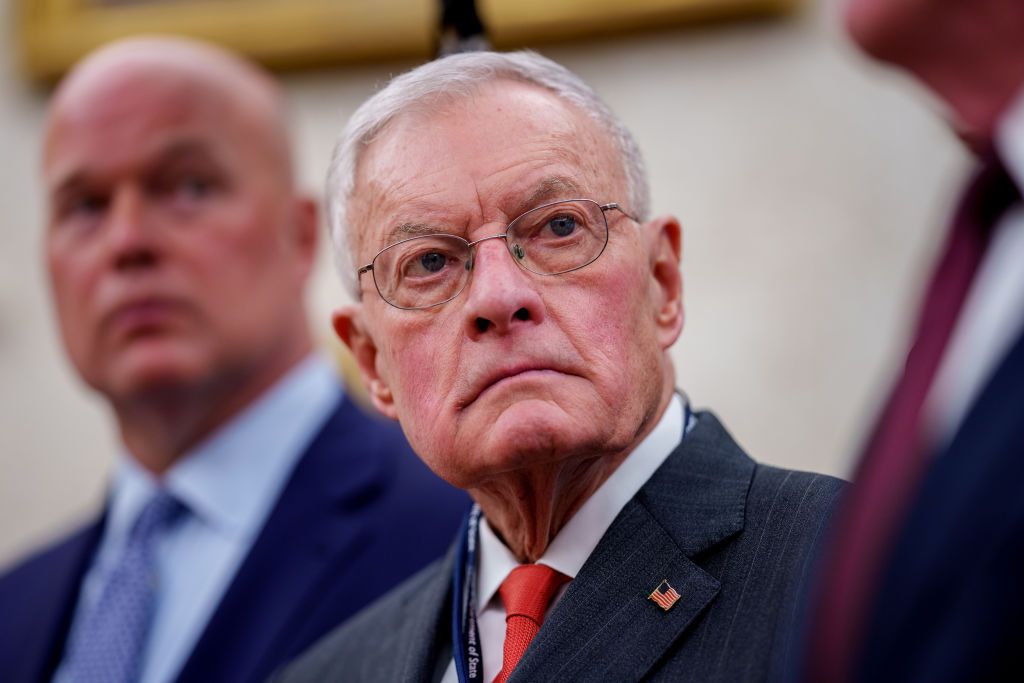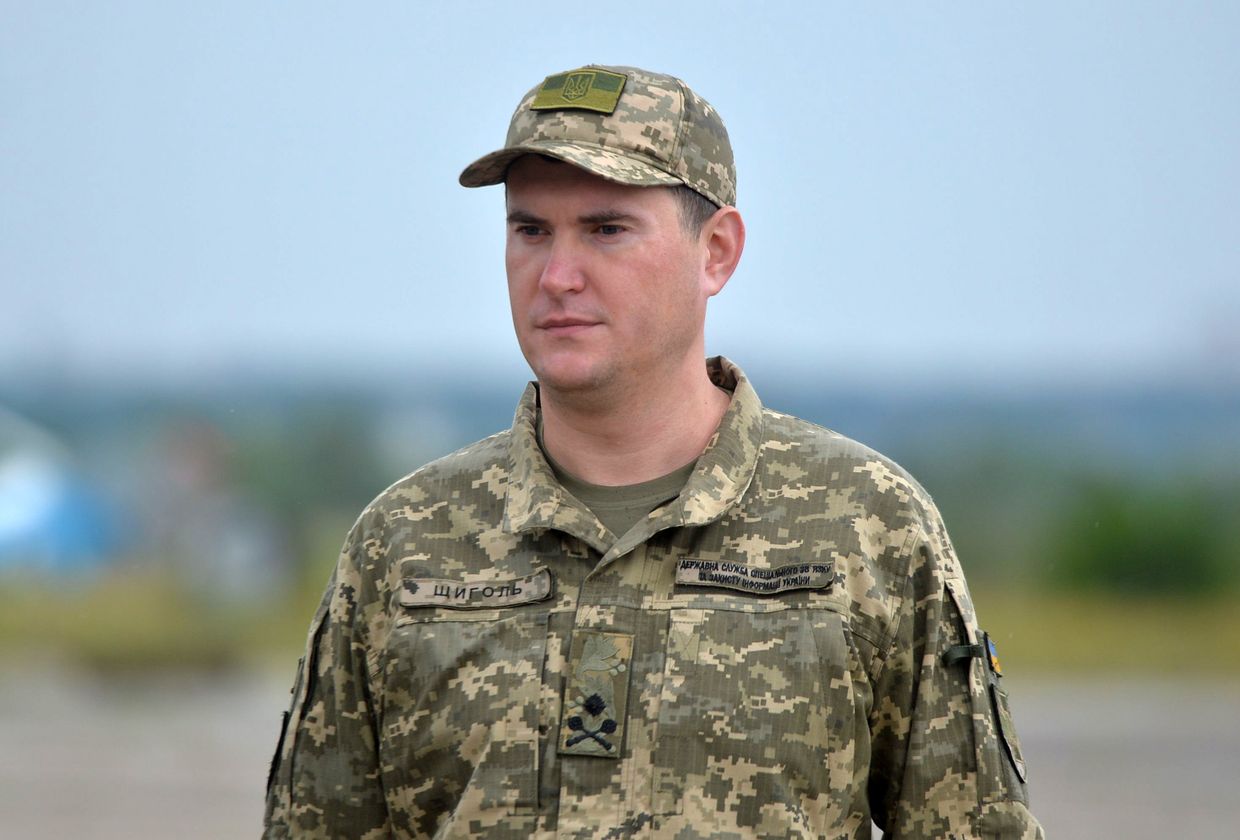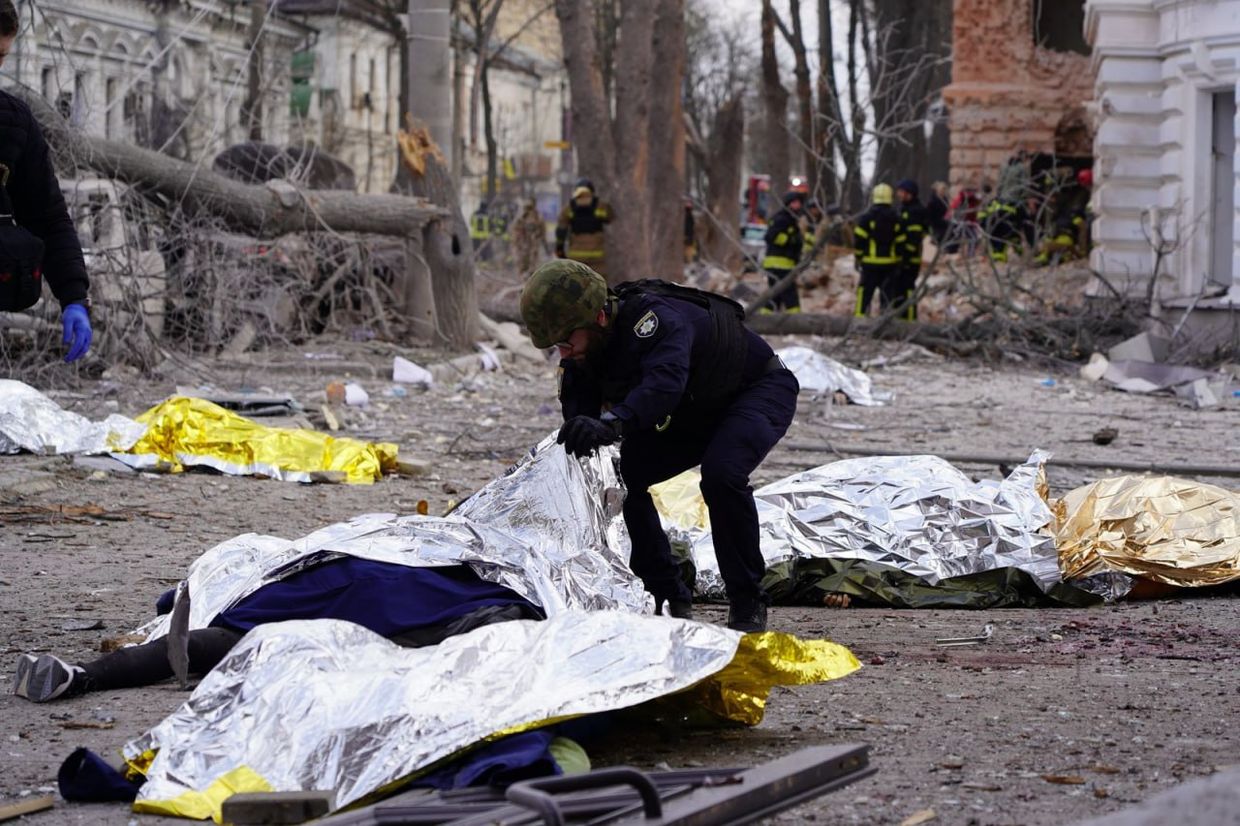Russia's war in Ukraine may have reached a new stage this week, with reports that North Korea has moved from supplying Moscow with weapons to sending its own troops.
A Western diplomat familiar with the matter told the Kyiv Independent on Oct. 15 Pyongyang has sent 10,000 soldiers to Russia, but it’s unclear what kind of soldiers they are.
Russian President Vladimir Putin and North Korean leader Kim Jong Un signed a strategic defense agreement between Moscow and Pyongyang on June 19, further deepening military ties between the two countries.
North Korea has already supplied Russia with artillery shells and ballistic missiles, but sending troops would mark a significant geopolitical escalation in their cooperation.
But according to experts who spoke to the Kyiv Independent, for now at least, it's a sign of Russian desperation that could have limited effect.
"The disclosure that North Korean troops may appear on the front line is a direct consequence of catastrophic Russian casualties," John Foreman CBE, the U.K.'s former defense attache in Moscow from 2019 to 2022, told the Kyiv Independent.
"Their military effectiveness is questionable and they will be cannon fodder for Ukrainian defenders."
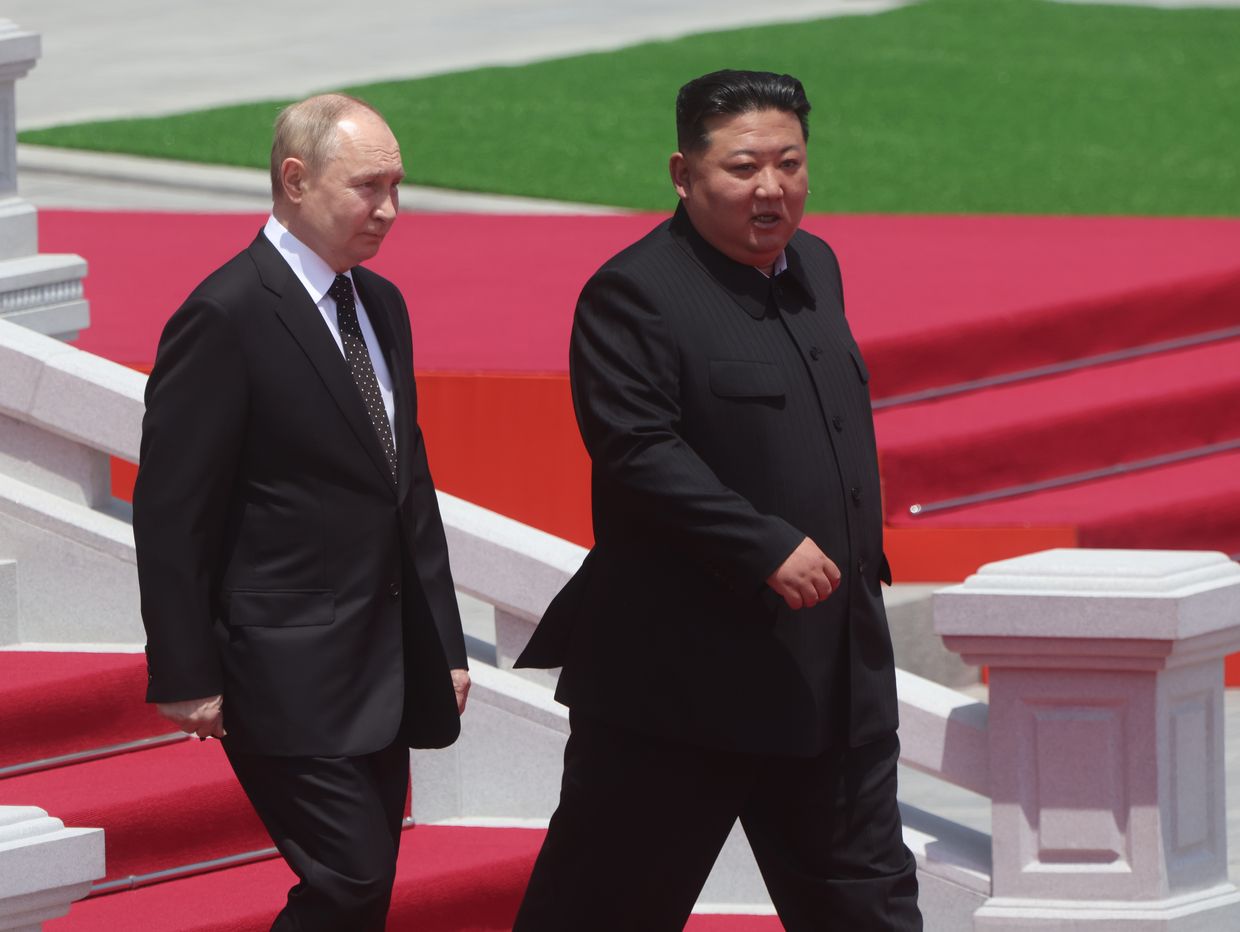
How big is North Korea's army?
According to the International Institute for Strategic Studies, the Korean People's Army (KPA) is the fourth largest in the world in terms of personnel, with 1,280,000 active members and 600,000 in reserve.
Only China, India, and the United States have bigger standing armies. North Korea spent 36.32% of its entire gross domestic product on defense in 2023.
North Korean society is heavily militarized and all citizens are required to serve — reportedly 10 years for men, and eight for women.
"National defense is the supreme duty and honor of citizens," Article 86 of the country's constitution states.
In terms of weaponry, North Korea has a formidable arsenal that has alarmed the international community for decades.
The full extent of the country's nuclear weapons program is not known, but it is believed to have conducted six tests since 2006 and has enough fissile material for 40-50 nuclear missiles.
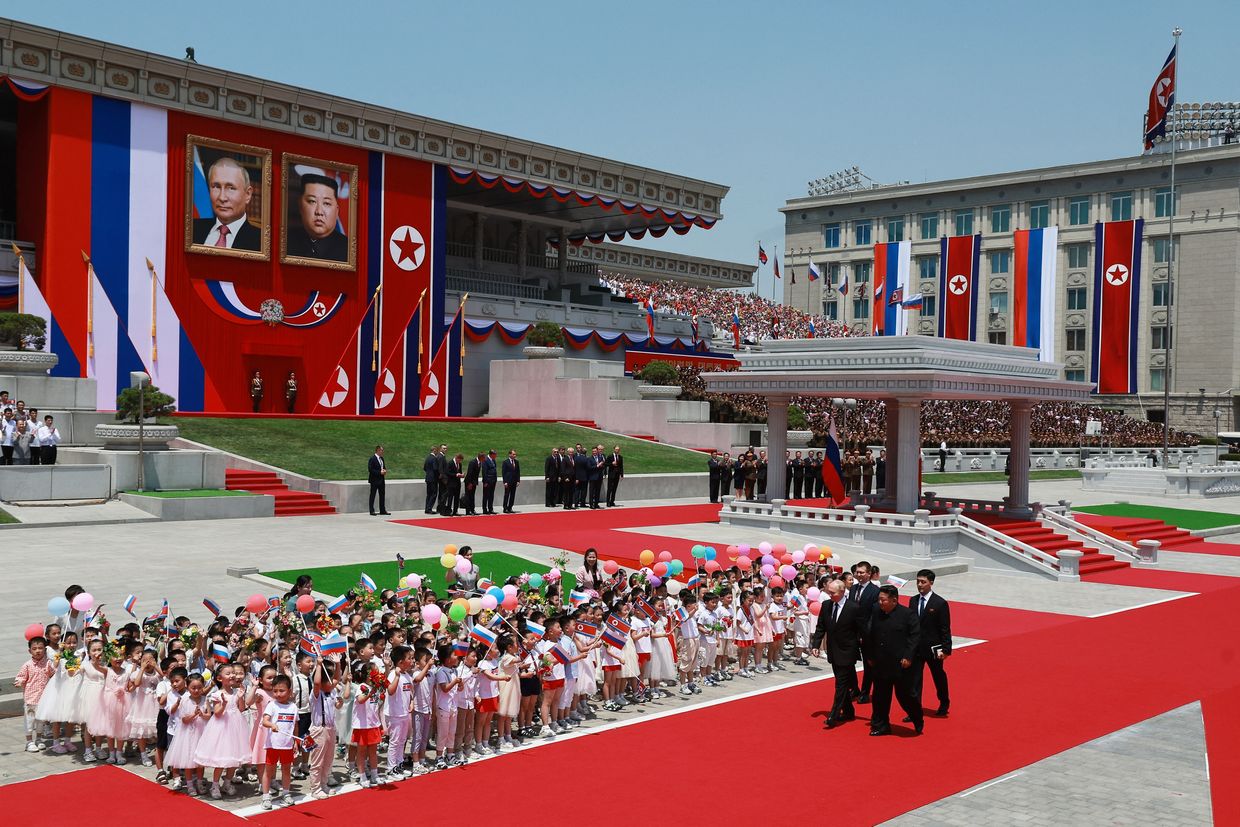
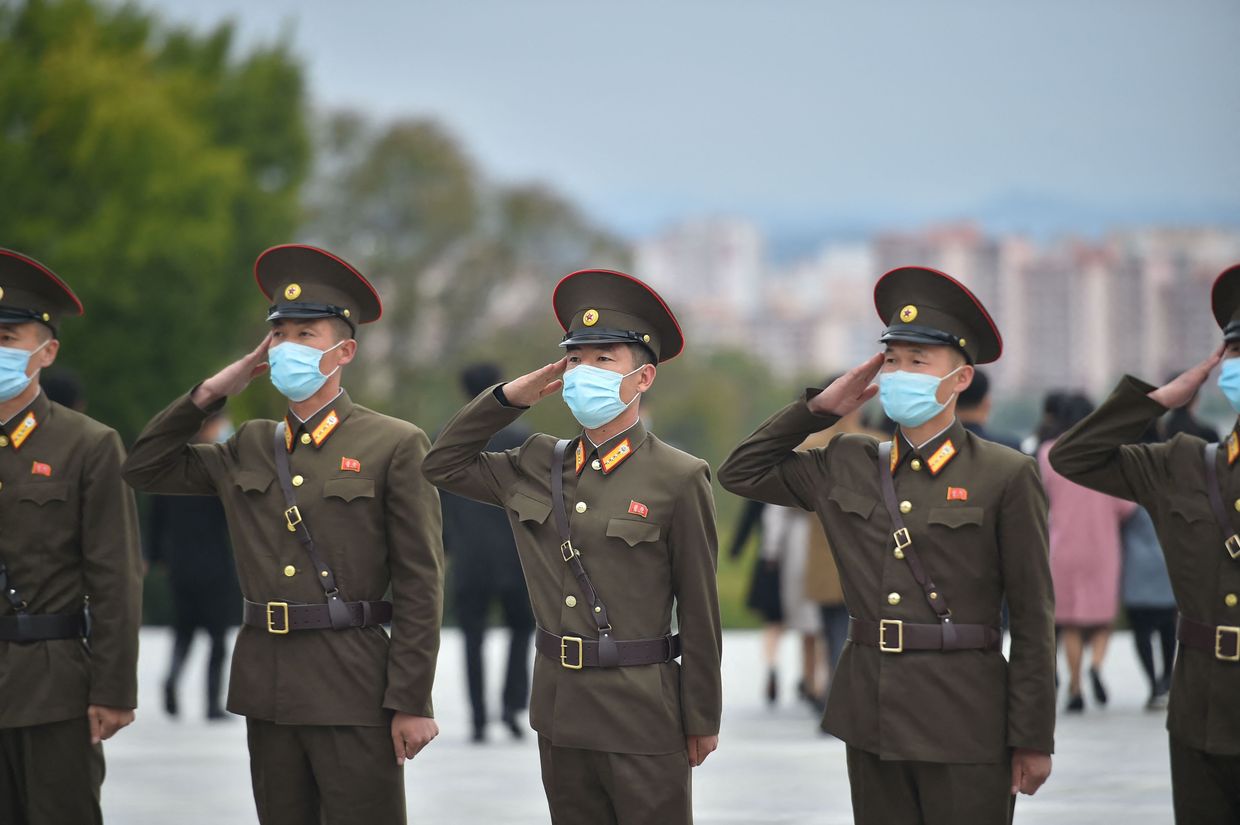
It has also tested intercontinental ballistic missiles (ICBMs) capable of carrying nuclear warheads, with a range far enough to strike the U.S.
North Korea is also widely believed to have an extensive chemical weapons program. In 2017, Kim Jong Un's older half-brother, Kim Jong Nam, was assassinated using the nerve agent VX, in a plot widely accepted as being orchestrated by Pyongyang.
Experts who spoke to the Kyiv Independent said that North Korea's most exotic and most deadly weaponry is unlikely to play a role in Ukraine, however.
"North Korea can provide two things," said Christoph Bluth, professor of international relations and security at the University of Bradford.
"One is cannon fodder, and the other is their vast arsenal of ammunition from the 1950s."
A lot of the latter is already in Ukraine. The Times, citing Western intelligence sources, reported earlier this month that half of all the artillery shells used by Russia in Ukraine are supplied by North Korea.
But Ukrainian President Volodymyr Zelesnky's recent warnings make clear the relationship between Pyongyang and Moscow has now gone beyond just shells and missiles.
"This is no longer just about transferring weapons. It is actually about transferring people from North Korea to the occupying military forces," Zelensky said on Oct. 13.
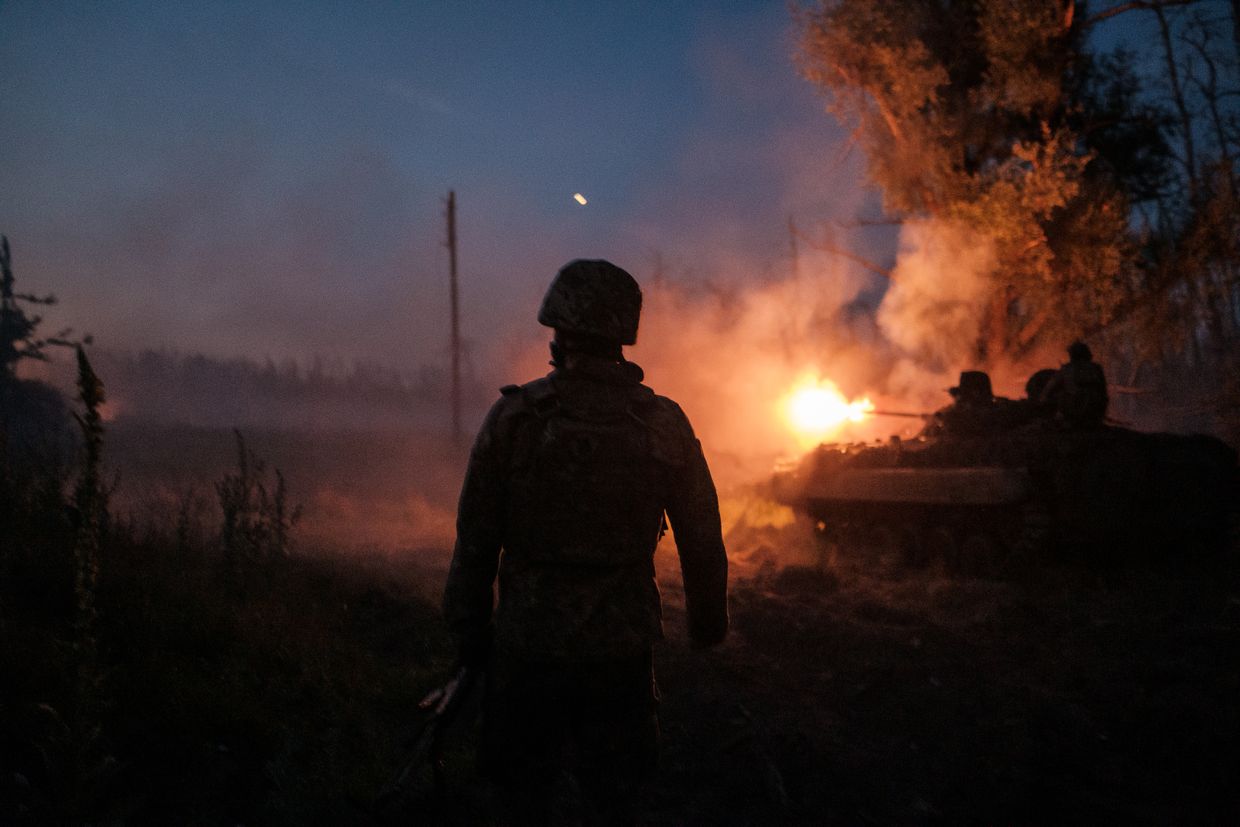
How dangerous are North Korean troops?
According to Bluth, accurately assessing the effectiveness of North Korean troops is difficult, but their quality is likely to be low.
"They spend a lot of time in the army, but the quality of equipment they have and the quality of the training are rather dubious," he said.
Then, there is the lure of escaping the authoritarian North Korean regime. According to an Oct. 15 report by Ukrainska Pravda citing Ukraine’s intelligence services, 18 have already deserted their positions.
"So not only may they be poor soldiers, they may take the opportunity to desert if the opportunity presents itself," Foreman said.
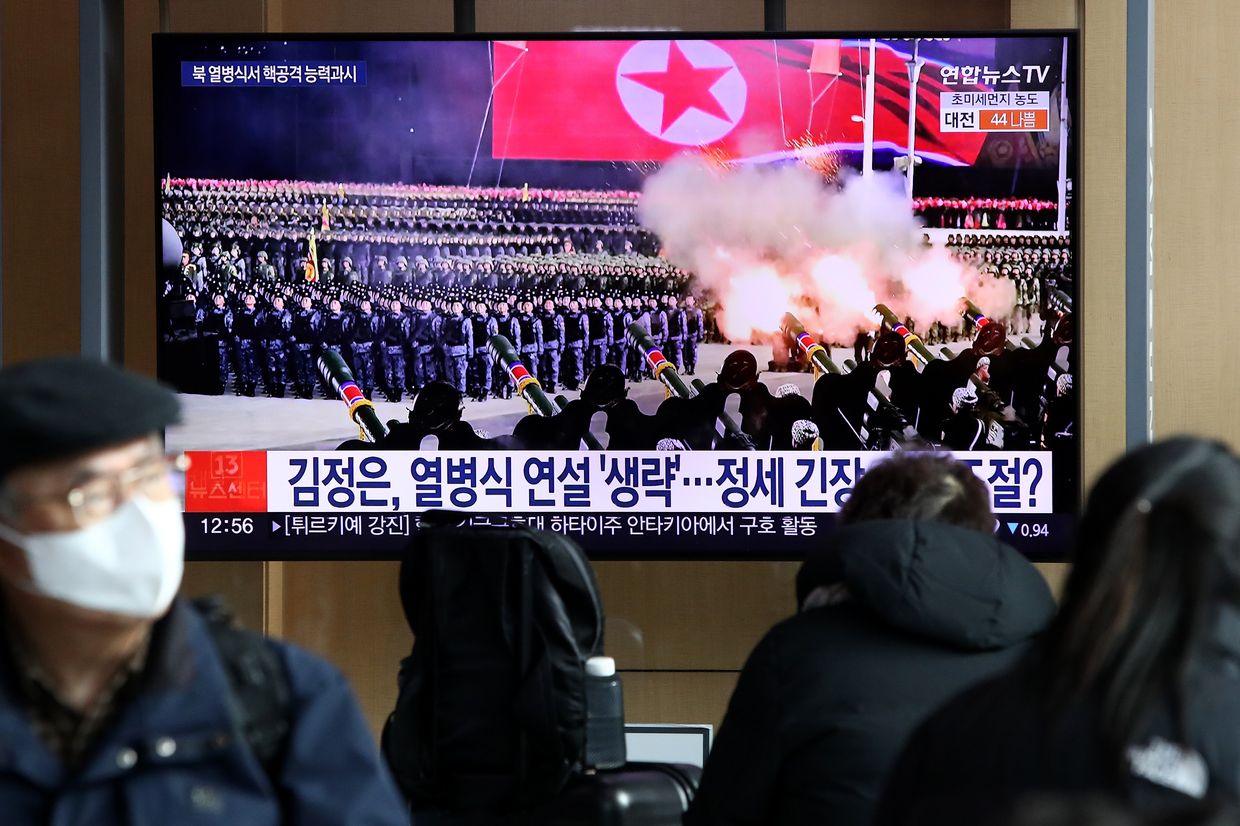
What will they be used for?
According to two sources, it's likely that after training, North Korean troops will initially be deployed to Kursk Oblast to defend against Ukraine's ongoing incursion launched more than two months ago.
The BBC's James Waterhouse, citing a Ukrainian military source, said Russia "is forming a unit of approximately 3,000 North Korean citizens close to its border with Mongolia in Ulan-Ude" to be deployed in Kursk Oblast.
In a post on Telegram, Andrii Kovalenko, the head of the counter-disinformation department at Ukraine's National Security and Defense Council, added that it can't be ruled out that they are later stationed in Russian-occupied areas of Ukraine.
"Manpower is the one thing North Korea has that Russia desperately needs," Bluth said.
He adds that while Russia's disregard for soldiers and its willingness to throw men into "meat assaults" is well documented, in North Korea, the leadership has even less regard for human lives.
"Kim Jong Un had his own uncle executed. So he is basically killing as many people as necessary to stay in power," he said.
"Life for North Korean conscripts is brutal and harsh, even without a war, and the consequences for refusing to fight would be extremely dire." In a press briefing on June 25, Pentagon spokesperson Pat Ryder said North Korean troops would become "cannon fodder" if they joined Russian forces on the battlefield in Ukraine.
"Life for North Korean conscripts is brutal and harsh, even without a war, and the consequences for refusing to fight would be extremely dire."
But in order to make any difference on the battlefield, they would have to be present in far larger numbers than what has so far been reported.
According to Ukraine's General Staff, Russia is losing more than 1,000 men per day, meaning 10,000 North Korean troops would only plug a gap for a week or so.
How worried should Ukraine be?
Foreman says he doesn't expect the numbers of North Korean troops currently being reported to "shift the dial dramatically" in Russia's favor.
"It’s a clear indicator of how far Russia and its military have fallen over the last two and a half years that it’s having to beg, borrow, and buy support from North Korea," he said.
But Dr. Jenny Mathers, Senior Lecturer in International Politics at Aberystwyth University, warns that it could well be just the beginning of North Korea sending troops to Ukraine.
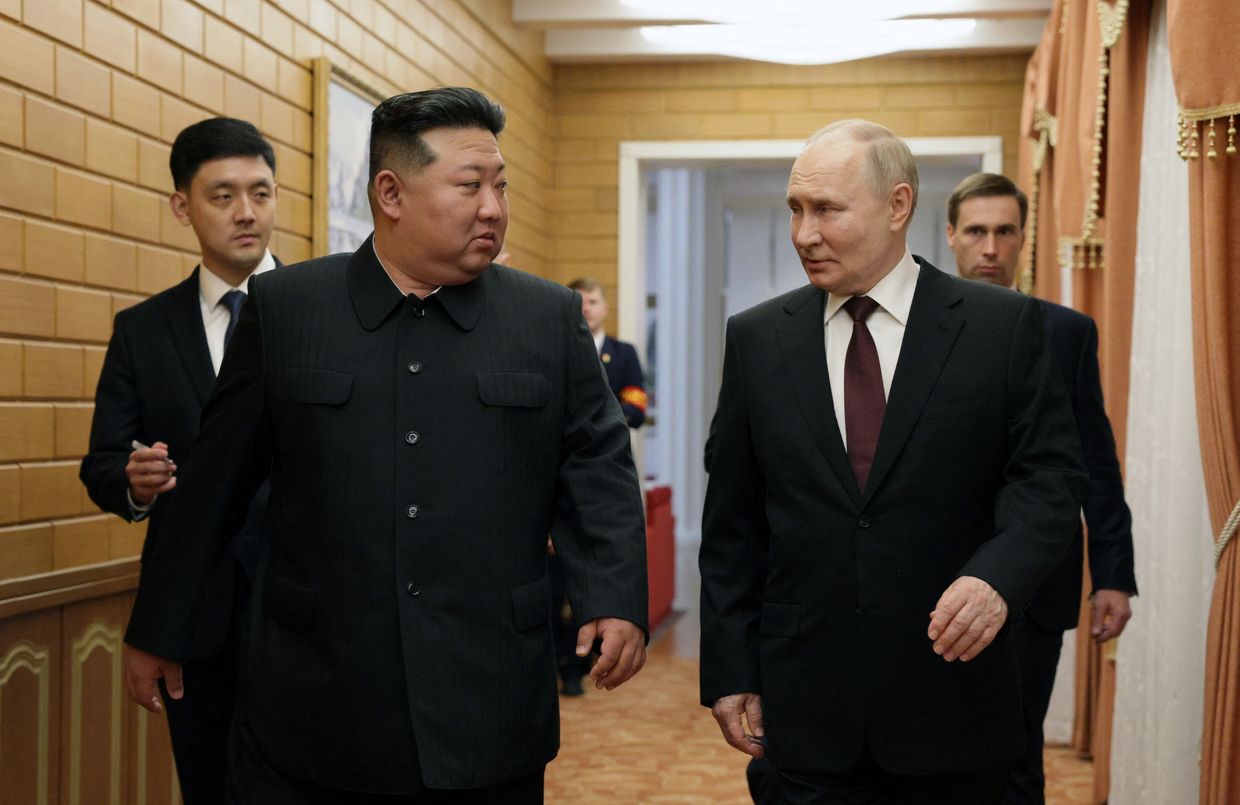
"This could just be step one — let's send a small number, see how it works on both sides," she said.
"Can the Russians integrate them, can they find uses for them, overcome language barriers and logistical issues? Can they manage with this relatively small number, and if they can, maybe they'll scale it up."
What's in it for North Korea?
Already isolated on the international stage, North Korea has little to lose from joining the war against Ukraine and further angering Kyiv's Western allies but a lot to gain from deepening relations with Russia.
"Russia is on the U.N. Security Council and has been vetoing any resolutions related to human rights or weapons of mass destruction in North Korea," Bluth points out.
"North Korea is basically isolating itself from any path to some sort of relaxation of the tensions with the U.S. or South Korea, so at the moment, North Korea is throwing in its lot with Russia."
Then there are the military benefits. In exchange for ammunition already supplied, Russia reportedly provided North Korea with technology to help it deploy spy satellites as well as tanks and aircraft.
Bluth said the deployment of troops could strengthen Pyongyang's hand in obtaining more military technology from Moscow, particularly missile guidance technology.
On Oct. 15, White House National Security Council spokesperson Sean Savett said the U.S. was "concerned" about reports of North Korean troops in Ukraine, but added: "Such a move would also indicate a new level of desperation for Russia as it continues to suffer significant casualties on the battlefield in its brutal war against Ukraine."
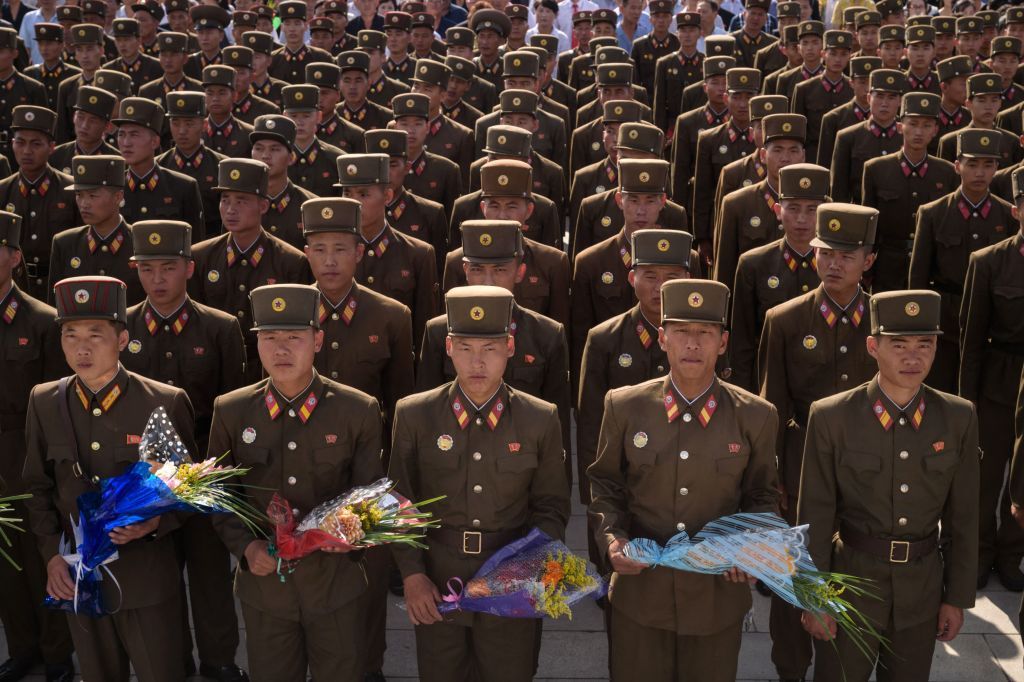
Introducing official
merch from the Kyiv Independent







